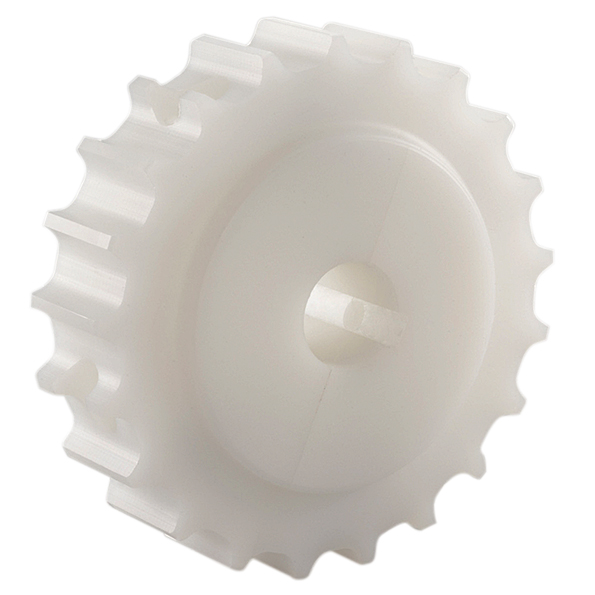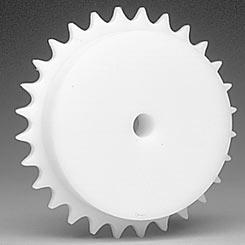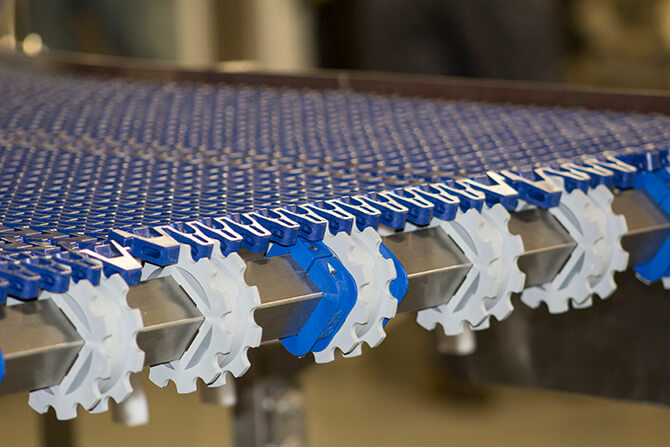-
Products
Back
Products
-
Extreme Engineering Plastics
-
Advanced Engineering Plastics
-
Engineering Plastics
-
Industrial Plastics
-
-
Industries
Back
Industries
- Applications
-
Back
Insights

.2024-08-05-14-12-23.jpg)





